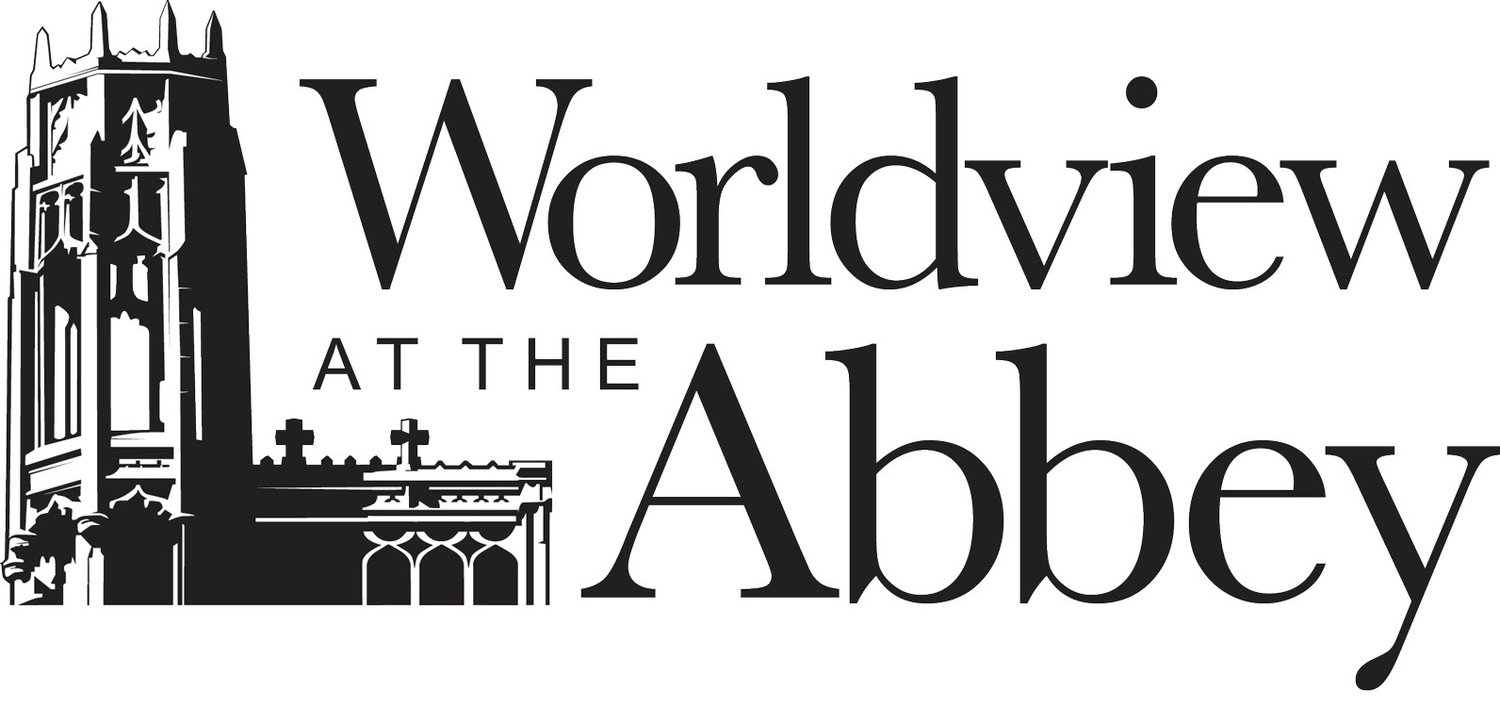Who We Are
/1500 years ago, after hundreds of years of stability, the people of Fiji, Samoa and Tonga went exploring. They found and settled approximately 1000 islands hidden among 20 million square miles of the Pacific Ocean in one of the greatest feats of human exploration in history. Recently, the beginning of this adventure was memorialized into a film named Moana. This Disney retelling is the last in a long line of historic retellings, and reveals human nature to us. We tell stories about our past to make sense of who we are.
My favorite historical retelling is Virgil’s Aeneid. It is the story of the founding of Rome by those who escaped the fall of Troy (recounted in the Iliad). In the Aeneid, Virgil gives the Romans a picture of their past - their noble origins, the difficulties undergone by their ancestors, and the gods blessing and shaping their future. Virgil gives the Romans a past worth remembering, a past worth living up to. The only problem is that the past isn’t factually accurate.
In both Moana and the Aeneid we face retellings of our past that are not factual. We do not have any written records of the settling of Polynesia, and Virgil probably did not have much knowledge of Rome’s origins. Into the void of information, both Virgil and Disney add many details to make the story connect with their respective audiences. Virgil situates the Romans in the story of Aeneas, the perfect example of Roman virtue: upright, stoic and courageous. Moana situates the exploration of Polynesia in the coming of age of a Moana, the daughter of the chief who lives on an island. Both use the gaps of history to give their people a vision of the good life and the sacrifices required to achieve it.
The main theme of Moana is identity — she is torn between her calling given to her by the ocean and her calling to lead her people on her home island. In order to fulfill her calling to the ocean, she faces many external obstacles, and, right before the climax of the movie, when all hope seems lost, she wrestles with doubt whether she is the person to do the task. In that moment, Moana’s grandmother appears to her and tells her that, although the journey has been hard, Moana has come so far because this is not just her task, but it is who she is — who she is meant to be. This is true because not only is she the daughter of the chief, but she is also descended from voyagers — both the ocean and the leadership of her people are part of her calling. After she completes her task, she returns home and leads her people to take up their ancestral calling as voyagers.
Like Moana, we too have forgotten our ancestral calling, and in so doing, we have forgotten who we are. Perhaps the reason that we modern Americans struggle with identity, the reason that we are full of insecurities and arrogant about trivial things is because we too have forgotten our story. The reason that Moana is such a powerful story is that it is our story — our experiences are mirrored in hers. This is the power of all great historical retellings: they reveal ourselves to ourselves and remind us of who we really are.
- Nathan Pegors

